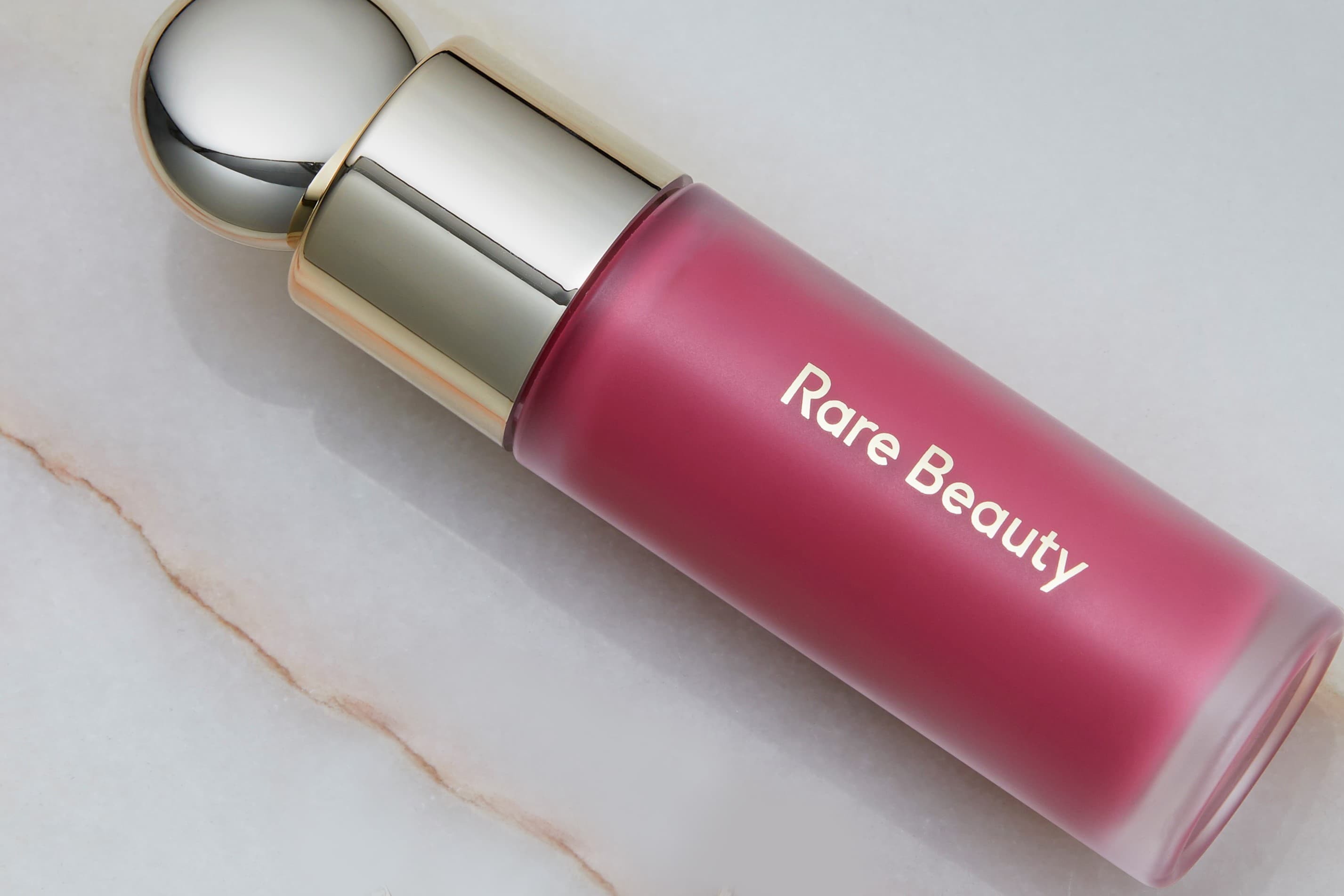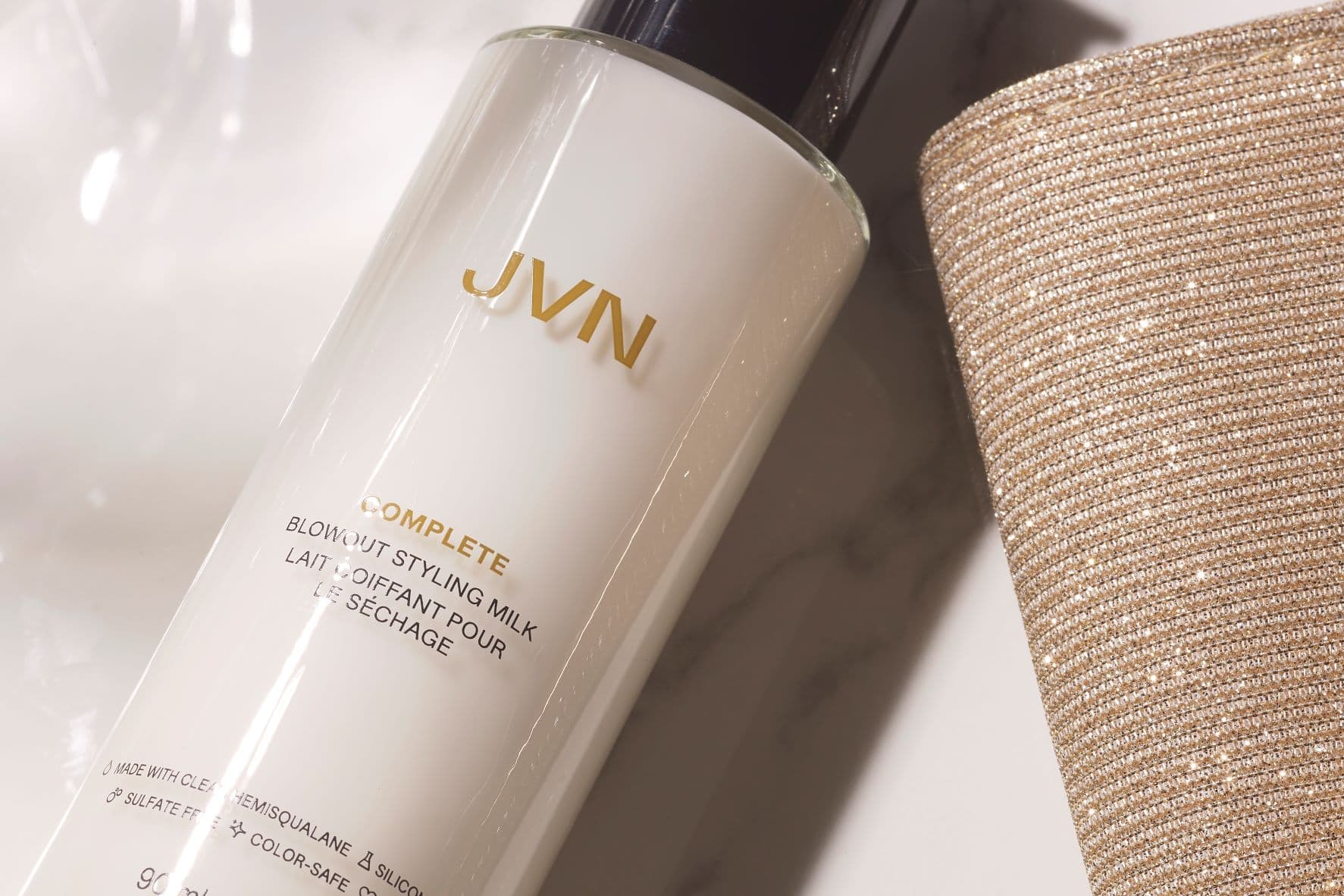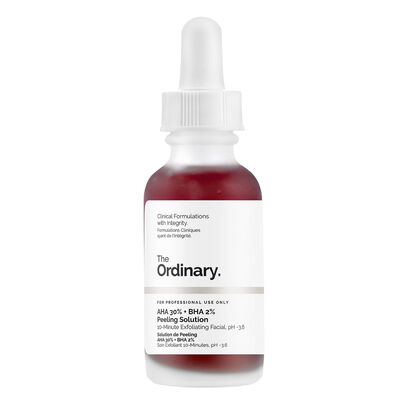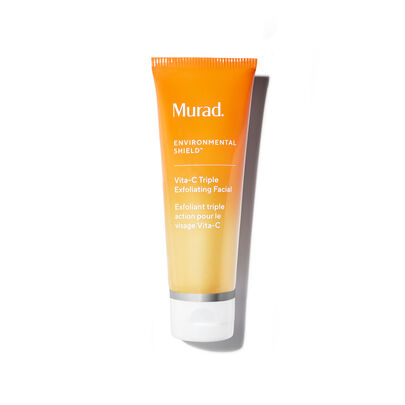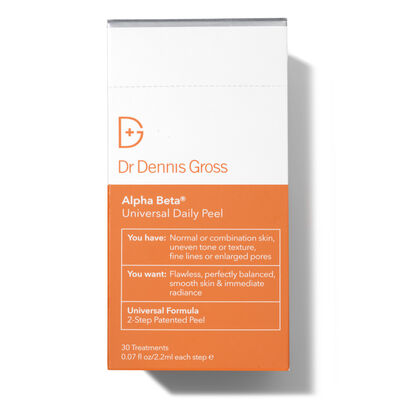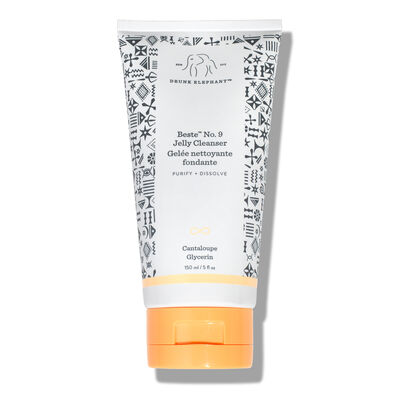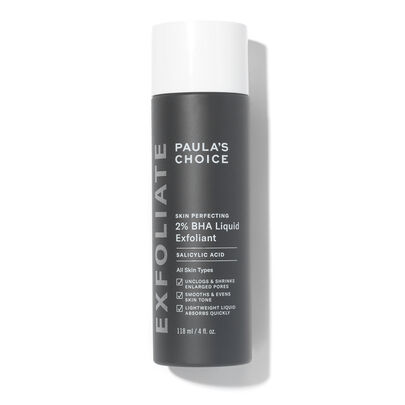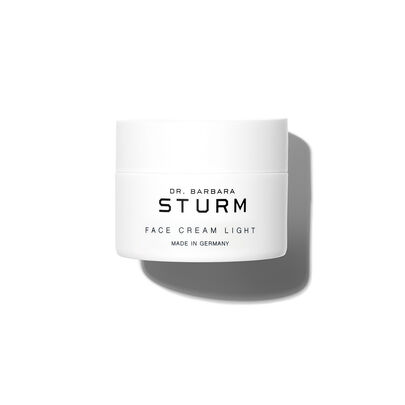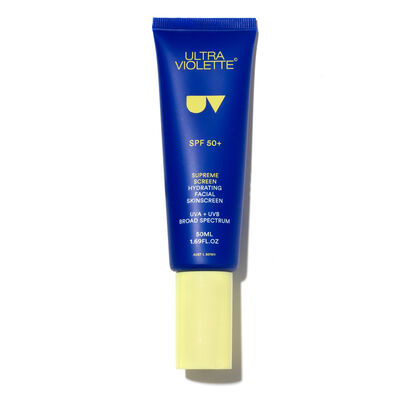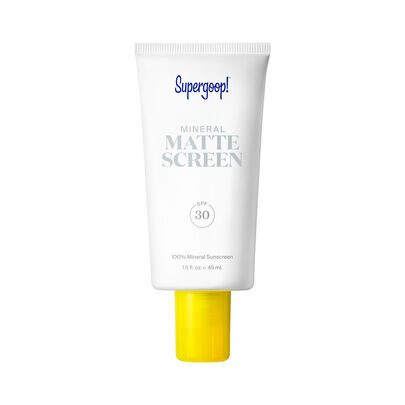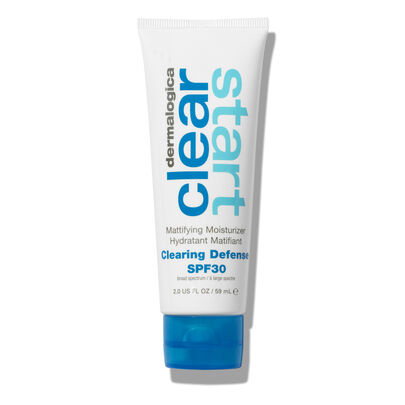The Ultimate Skincare Routine For Oily Skin
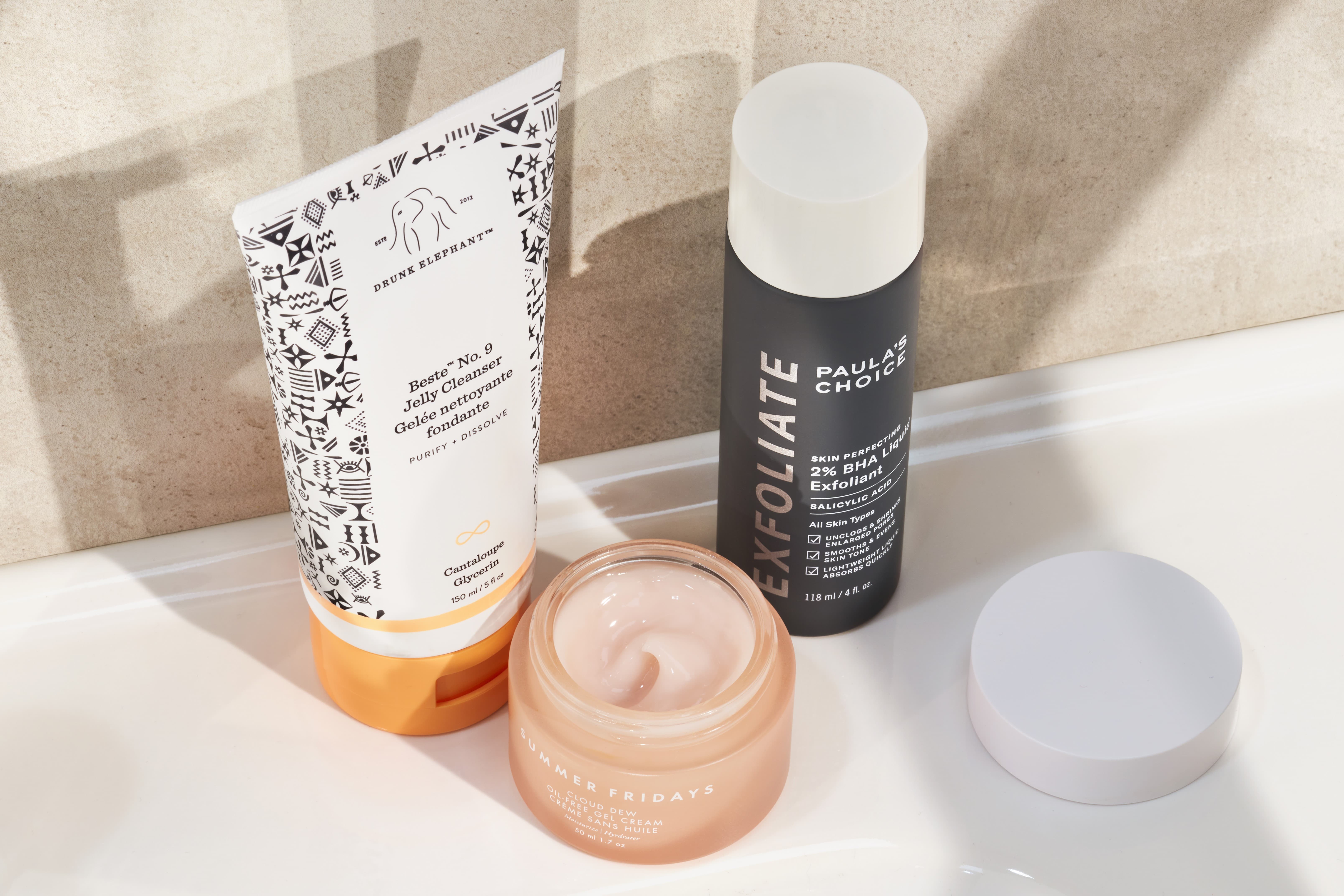
For some, oily skin will involve having acne-prone skin or a tendency to get blemishes – whereas other oily-skinned beauties may very well struggle with dehydration (excess oil does not equal moisture). An oilier skin type is not something that can be changed – but luckily, lifestyle choices and optimal skincare habits will make all the difference when keeping excess oil at bay.
So, as well as paying attention to your diet (some foods exacerbate skin’s oiliness) and taking hormonal fluctuations into consideration, you can also create a straightforward skincare routine for oily skin that works for your needs and skin goals. And to make things easier for you, we’ve put together the ultimate guide for oily skin types – read on for expert opinions and discover the products that will help you nurture and embrace your skin (spoiler alert: it includes moisturisers).
Why is my skin so oily?
Wondering what causes oily skin? Firstly, everyone has some oil on their skin. Under each one of our pores, there are glands that produce a natural oil called sebum, which keeps skin hydrated. But when the skin produces too much sebum, this results in oily skin. We’ve underlined the key factors that play a role in this skin type.
Genes
Like most skin types, oily skin is a genetic condition that you’re born with, and you’ll experience it to varying degrees throughout your lifetime. Of course, external elements will impact the severeness of it – but the good news is that there are plenty of ways to keep oiliness under control!
Weather and environmental changes
Yes, oily skin is genetic – but hot and humid climates can fuel skin’s oiliness further. The time of the year also makes a difference – it’s likely your skin won’t get as oily during the colder months, and you may even experience dryness.
Hormonal changes and imbalances
As expected, hormones play a huge part in your skin’s appearance and health. For example, testosterone is a hormone usually associated with men – women produce it too, and an excess of it can lead to noticeably oilier skin, blemishes and acne. Then, of course, there’s the time of the month, with some people experiencing an oilier complexion (as well as breakouts) before and during their menstrual cycles.
Additionally, our skin inevitably changes as we age. It’s normal for hormones to be out of kilter during one’s teen years – and while you’ll still possibly lean towards an oilier complexion as you get older, breakouts may diminish drastically. Skin’s production of sebum – and collagen – will eventually decrease as we age.
Diet
You may have experienced this – you eat something you know isn’t good for you and get a spot or full-on breakout the next day. Your skin can very much respond to what you’re consuming – and when you have oily skin, it will only be triggered by processed foods containing large quantities of salt, sugar, saturated fats and processed carbohydrates. Needless to say, a balanced diet low in red meat and rich in greens and fish is a huge plus for your overall health, skin, hair and nails!
Are you skipping moisturiser?
To skip or not to skip moisturisers may be one of the biggest debates when learning how to control oily skin. Unless your SPF is infused with super hydrating benefits, it’s absolutely not essential that you skip moisturiser if you have oily skin. “Oily skin needs more help to carefully and gently reduce sebum flow – but contrary to popular belief, oily skin benefits from added moisture,” says world-renowned aesthetics doctor and skincare brand founder Dr. Barbara Sturm. Oil does not equal hydration – and because oily skin can get dehydrated, it will produce excess oil to compensate. The right moisturiser for your oily complexion will hold the water in the outer layer of your skin to keep it hydrated.
How do you know if you have oily skin
The tell-tale signs of oily skin are pretty straightforward, with your skin getting heavily shiny throughout the day and feeling oily to the touch being a big indicator. Enlarged and congested pores are often a sign of oily skin, as well as blackheads, whiteheads and a frequency of breakouts. Even oily hair and blemishes on the back and chest can be linked to oily skin.
However, if it’s just your T-zone (as in your forehead, nose and chin) that gets shiny throughout the day, your cheeks are producing a steady amount of oil or even feel dry and you don’t necessarily get regular breakouts, you’re likely to have combination skin. [/copy]Does my skincare make my skin oilier?
If you’re unsure how to control oily skin and worried that your skincare routine could be worsening your oiliness, stripping back and resetting is the way to go. And be careful with over-exfoliation and using products that are too harsh on the skin barrier! Long gone are the days in which we were told the solution to oily skin was to, essentially, dry it out. Oily skin needs nurturing, hydration and moisture as much as any other skin type – the right products will help remove excess oil, dead skin cells and impurities without stripping the skin of its natural oils.
An easy skincare routine for oily skin
“A good routine for oily skin should include fundamental skincare products that work to hydrate the skin while also contending with bacteria, clogged pores and inflammation of acne-prone skin,” says Dr. Barbara Sturm. When it comes to finding the best skincare products for oily skin, look out for formulas that are labelled as noncomedogenic ¬– this means they have been specifically designed to not clog pores.
Ingredients such as niacinamide, glycolic and salicylic acid, AHAs and BHAs are great for pore decongestion and even making them appear smaller. If acne is one of your main concerns, retinol and other forms of vitamin A can help control this – these can have a drying effect on skin however, so balance out the use of these with gentle formulas and nourishing textures.
Exfoliate consistently
Yes, be consistent, and no, don’t overdo it. Exfoliating an absolute maximum of three times of a week should be enough to keep your oily skin content and keep impurities, dead skin cells and bacteria at bay. Of course, there are different kinds of exfoliants (such as physical and chemical ones) and ways to renew and resurface the skin on a daily basis – just ensure you’re not exfoliating too much or using too many exfoliating ingredients in one skincare setting.
Cleanse morning and night
Cleansing is vital for every skin type, and it’s especially important if your skin is of an oilier disposition. For many oily-skinned beauties, foaming cleansers are the answer – but it’s important to find a formula that will leave your skin feeling refreshed and not stripped (if you know, you know).
And like exfoliating, you don’t want to overdo it – cleansing in your AM and PM routine, or if you’ve been sweating, is enough.
Tone
Oily skin can benefit greatly from this step, as toners can help unclog pores and remove any remaining impurities that a cleanser may have missed. If you’re worried about over-drying your skin, look out for botanical and soothing ingredients such as witch hazel and aloe vera.
Moisturise
Generally, skipping moisturiser is not considered a must-do if you have oily skin. If an oily complexion gets dehydrated, it will try to overcompensate by producing excess oil. Using a moisturiser will prevent water loss and stop skin from trying to make up for the lack of water. Water-based, oil-free, gel-like and lightweight formulas should do the trick.
SPF
We’ve said it before and we’ll say it again – sunscreen should be worn every day of the year regardless of your skin type. Admittedly, finding an SPF that works for oily skin can be a challenge, as some textures will inevitably feel heavy and make skin shinier, greasier and even contribute to breakouts. Light lotions that are oil-free, noncomedogenic and fragrance-free are your safe bet.
Our takeaway thoughts on how to take care of oily skin
Whilst having oily skin definitely comes with its challenges, lifestyle adjustments and a consistent skincare routine will undoubtedly help you accept and embrace your oily skin. In some cases (such as suffering from severe acne), consulting a dermatologist may give you the tools you need to learn how to control oily skin and breakouts and balance out hormones. But luckily, there are many beauty products available that will help you keep your oily complexion in check.
Read More
• How Does Niacinamide Skincare Work?• What Is Double Cleansing? • Best Skincare For Sensitive Skin
• How To Treat Hormonal Acne • Everything you need to know about SPF
• The Benefits of Using Clay Masks


